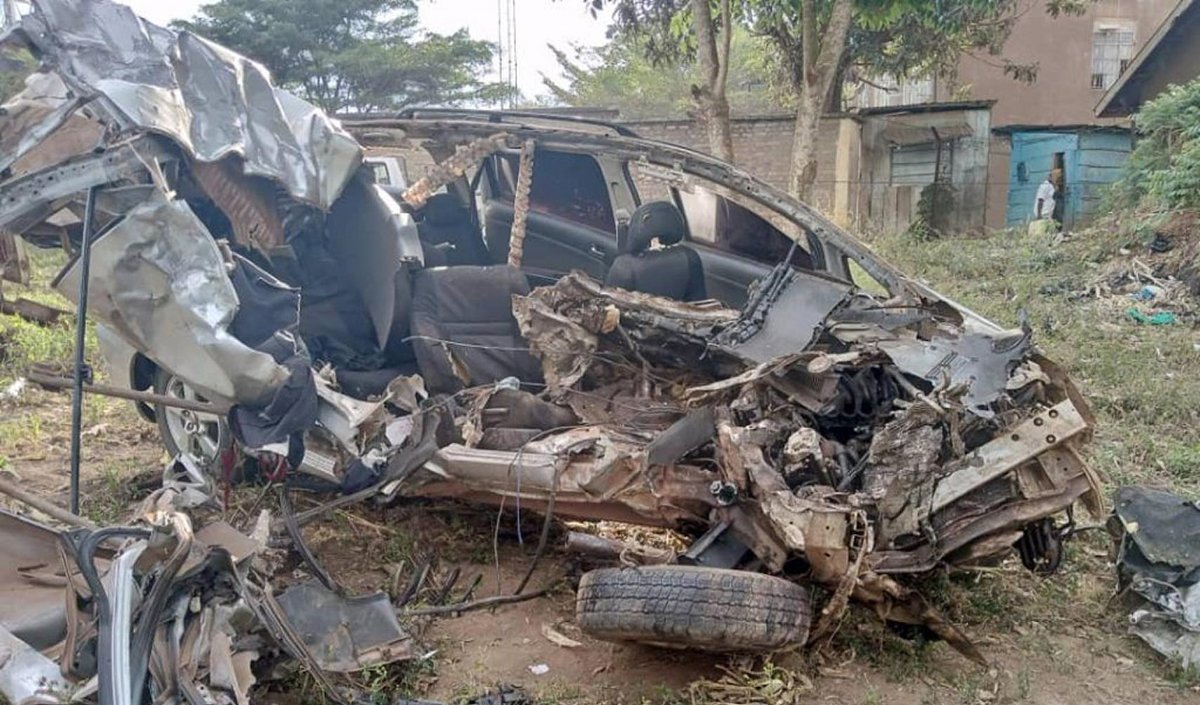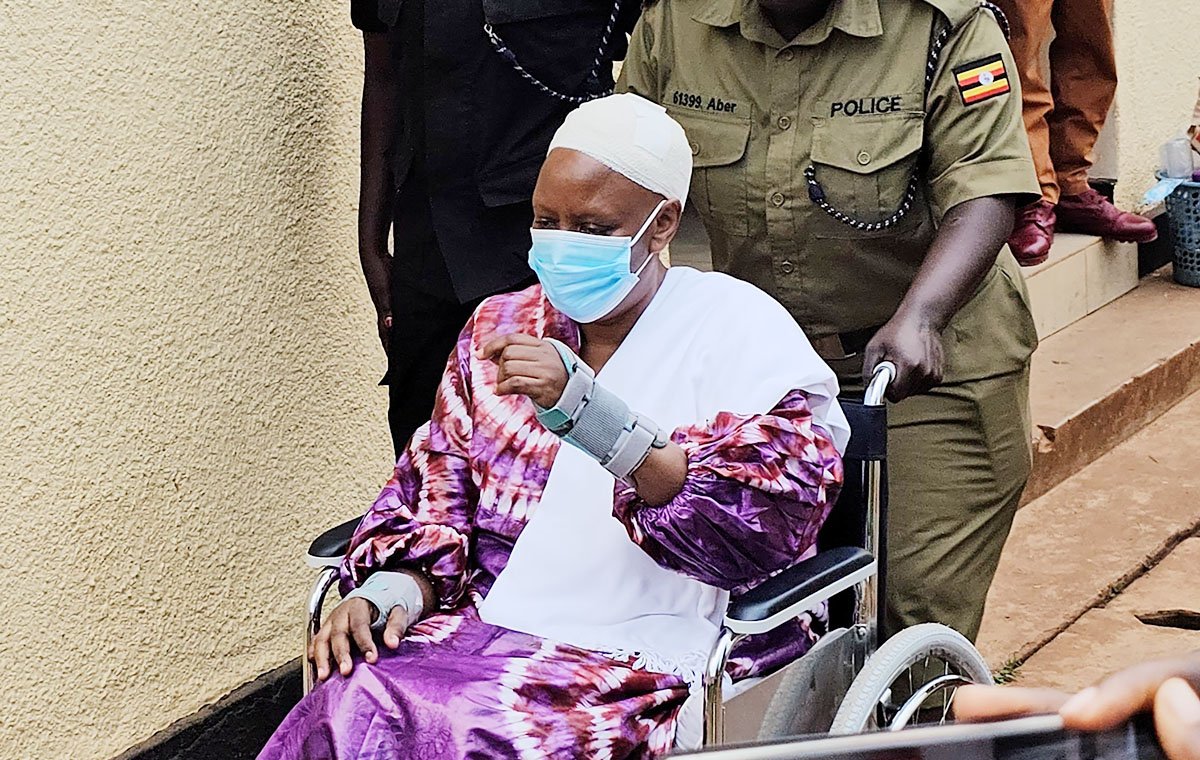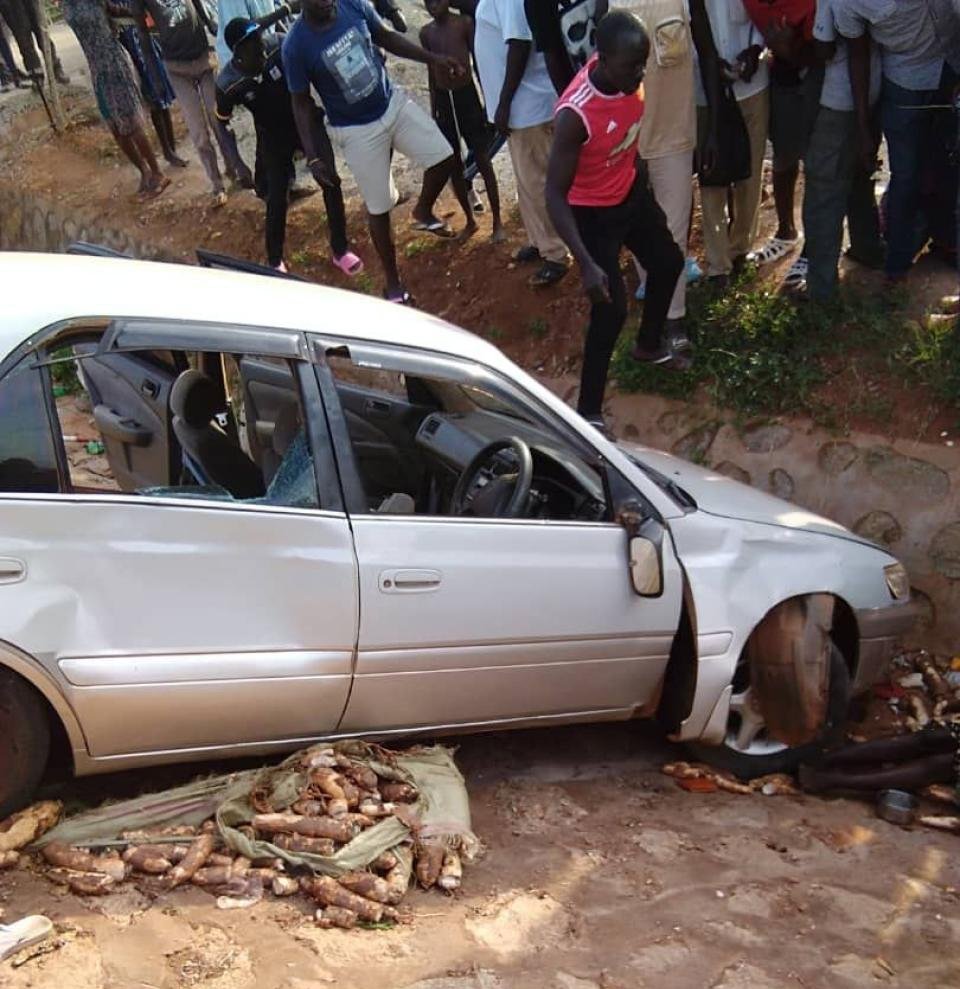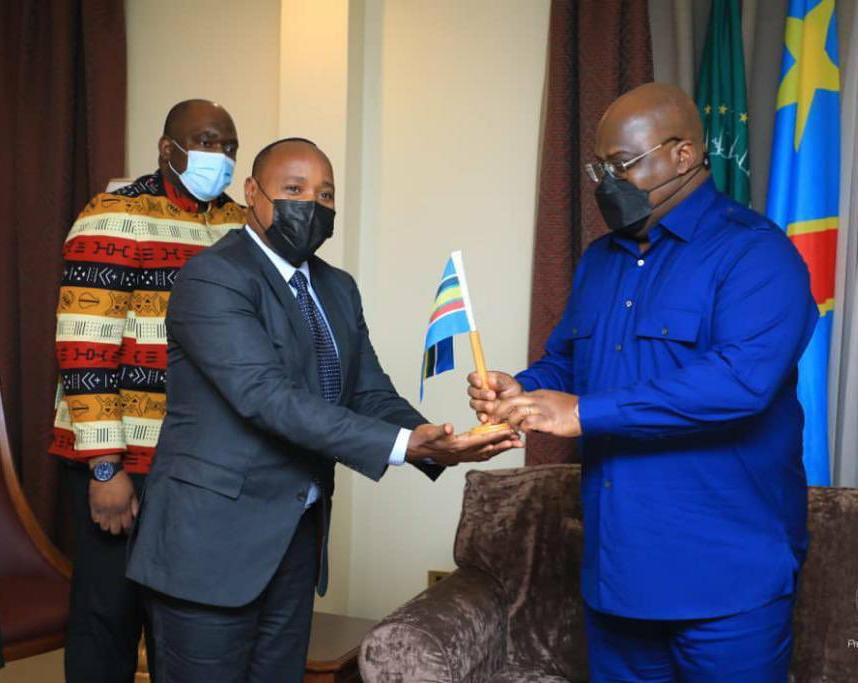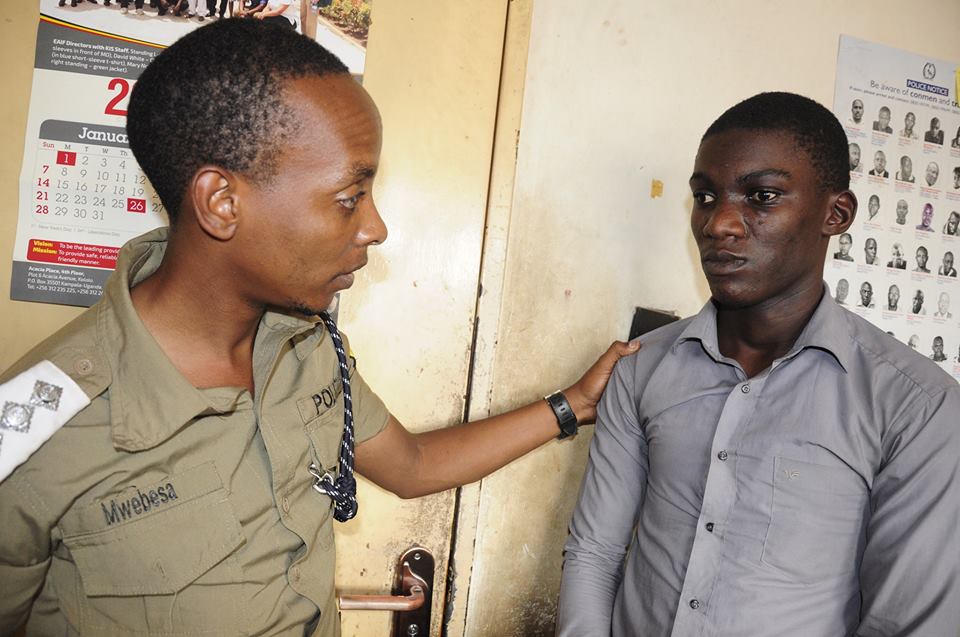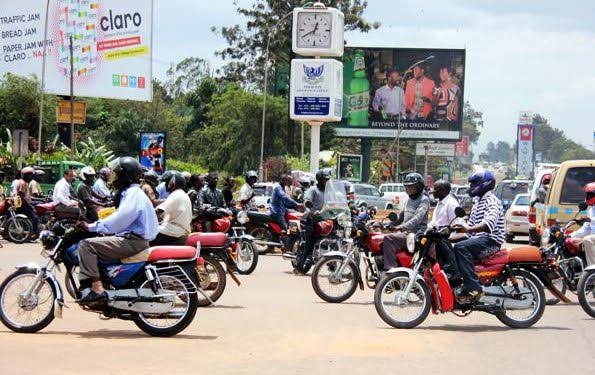If the latest daily road deaths remain constant, 2022 is likely to be the most brutal year on Ugandan roads.
Unlike the previous years where daily deaths in roads crashes have been 10 people, the last three months have seen a spike in road fatalities to over 12 per week.
For instance, in the last six weeks, people dying in motor vehicle and motorcycle carnages have constantly stood between 12 to 14 every day.
It is against this milieu that police and road safety experts have highlighted the reasons behind these lethal road crashes.
Ibrahim Kayondo, a veteran bus driver with more than 30 years’ experience, said the problem is on driving schools that have been turned into a last resort for school dropouts.
Kayondo argued that the public transport sector should be for people who prioritize it as a profession rather than a job for school failures.
Paying peanuts to public transport drivers, according to Kayondo, is also contributing to road crashes. He said bus drivers have been reduced to driving for a day’s meal but not as professionals.
This makes some drivers speed so that they can attend to other income-generating activities.
Rogers Nsereko, the Kampala metropolitan traffic police commander, said impunity on roads is running out of hand. Nsereko cites an example when he was pushed off at Internal Affairs ministry by a driver in a government vehicle.
“What is disturbing is that the Very Important Person (VIP) being driven is not bothered,” Nsereko wonders.
“They are always reading newspapers or on phone. What kind of a citizen are you? What kind of government are you representing? I have a police car with sirens but I program my time and I don’t force people off the roads.”
Road safety expert, Sam Bambanza, who also fights for victims of road crashes who have been abandoned by the culprits, said people are not educated enough on road risk factors while some of the would-be interventions have not been effectively implemented.
Bambanza said the crash helmets on Ugandan markets are substandard a reason they become too hot during hot weather and sometimes they “burst like watermelons” once a rider falls on the tarmac.
According to Bambanza, there is need to enforce speed controls, drunk-drug driving, wearing of seatbelts, child restraints and distractors like watching music or speaking on phone.
A road safety engineer working with one of the powerful authorities but preferred to identify herself with one name Irene, said the gap is in kind of road contracts awarded to people and kind of users they prioritized.
“Imagine with all these crashes, someone still awards a road contract to a company which has not included safety for children, pregnant mothers and those cycling, people are being pushed to mix with traffic!” Irene exclaims.
Traffic police spokesperson, Faridah Nampiima, explained that many areas that have brutal crashes are just a few metres from police checkpoints.
Nampiima said that people drive slowly when they are reaching checkpoints and decide to speed once they have passed them.
This is why most lethal road crashes, according to police, have happened in one to three kilometers after police checkpoints.
Police say the crashes are majorly being caused by speeding, reckless driving, distractions, drunk driving, and vehicles in dangerous mechanical conditions.
But Bambanza said the road designs should be emphasized in every awarded road contract.
Also according to Bambanza, teenage drivers should also be restricted.
Kayondo says that it is time to have a curriculum that must be followed for every driving schools and such training centres should regularly be supervised.
He also says that owners of public transport vehicles who are never willing to fix mechanical issues presented by drivers should be punished.
Yesterday’s two motor vehicle crashes left seven children and three adults dead in the greater Masaka area.
Early this week, police released statistics for June and the first week of July showing 435 people had perished in crashes while over 1,300 were left nursing severe injuries.


